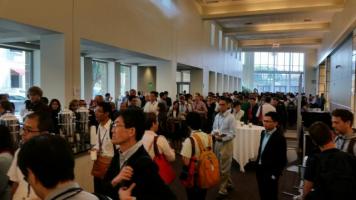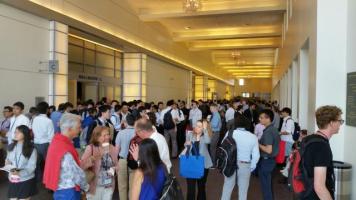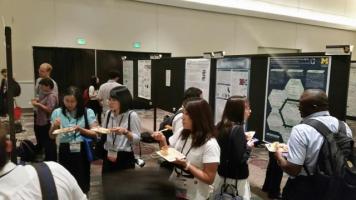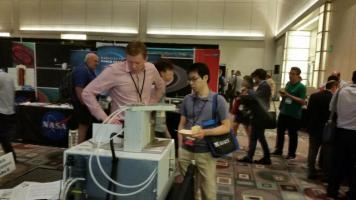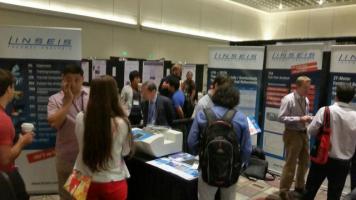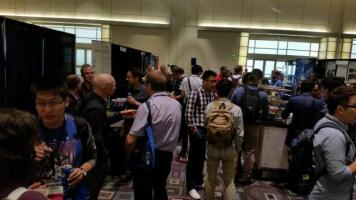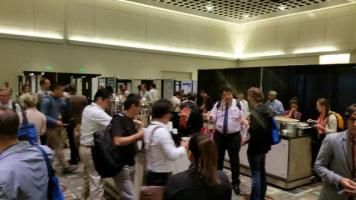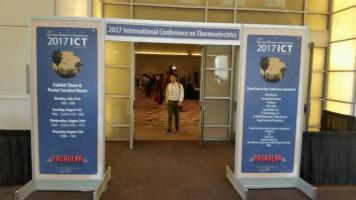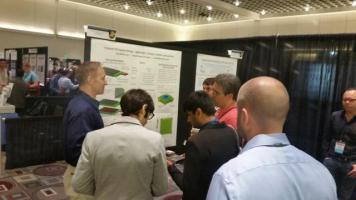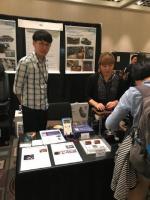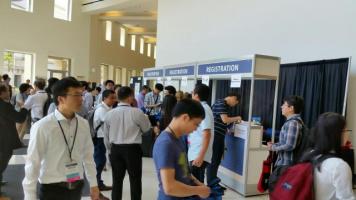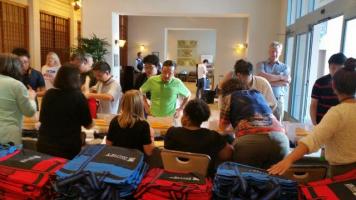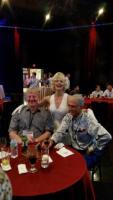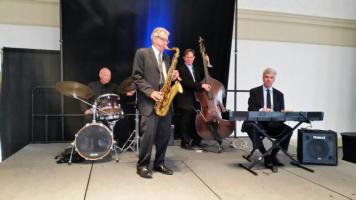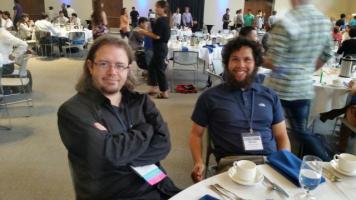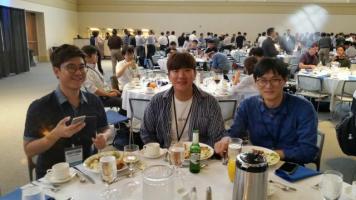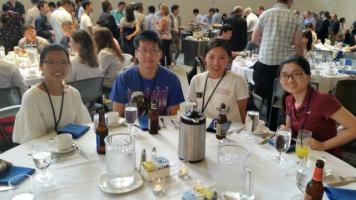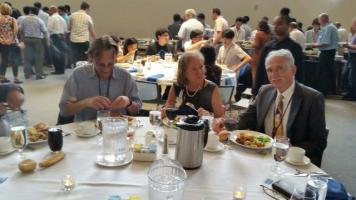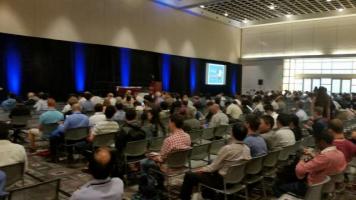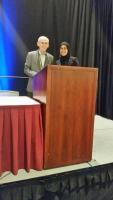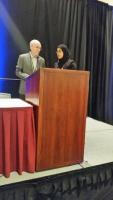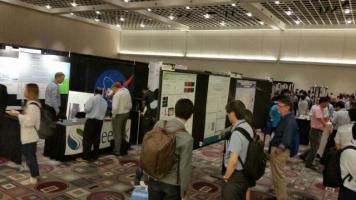News Category:
 Dr. Glen A Slack, a pioneer in the study of heat conduction in solids and the discovery and understanding of thermoelectric materials, passed away on June 27, 2019 at the age of 90.
Dr. Glen A Slack, a pioneer in the study of heat conduction in solids and the discovery and understanding of thermoelectric materials, passed away on June 27, 2019 at the age of 90.
Glen received a PhD in physics from Cornell University, where under the guidance of his advisor Professor Robert Sproull he performed some of the first studies of the influence of defects on lattice thermal conductivity of crystalline solids. Glen was a research scientist at General Electric Research and Development Center for three decades, where he established himself as a world authority on heat conduction in solids. His studies spanned a vast array of materials systems, including very high thermal conductivity solids, very low thermal conductivity solids, the influence of magnetic impurities on heat conduction in semiconductors, and applications of these materials in thermal management and thermoelectricity. After retiring from GE, Glen became a Research Professor at Rensselaer Polytechnic Institute, and later worked at Illinois Institute of Technology and Crystal IS, a company which he cofounded and at which he further perfected his technique for growing large single crystals of aluminum nitride. Glen's research in solid state physics was internationally recognized and resulted in over 300 scientific publications, 30 patents, and several very well-known book chapters. Amongst his many contributions to the field of thermoelectricity, perhaps most well-known and influential was his elucidation of the phonon-glass-electron-crystal (PGEC) concept which has led to the conceptualization, synthesis, and understanding of many new high performance thermoelectric alloys. He received the International Thermoelectric Society's inaugural Outstanding Achievement Award in 2011 at the 30th International Conference on Thermoelectrics, and presented a plenary lecture on the history of thermoelectricity (attached).
Glen’s passion for science, humble personal nature, encyclopedic knowledge of solid state physics and materials science, and willingness to share scientific ideas will be dearly missed.
| Attachment | Size |
|---|---|
| 1.59 MB |


